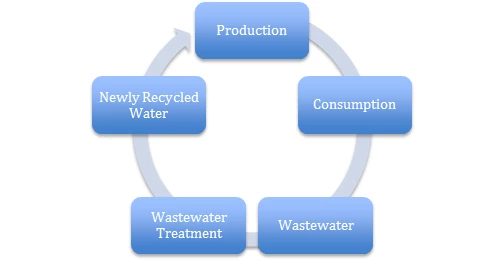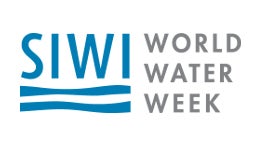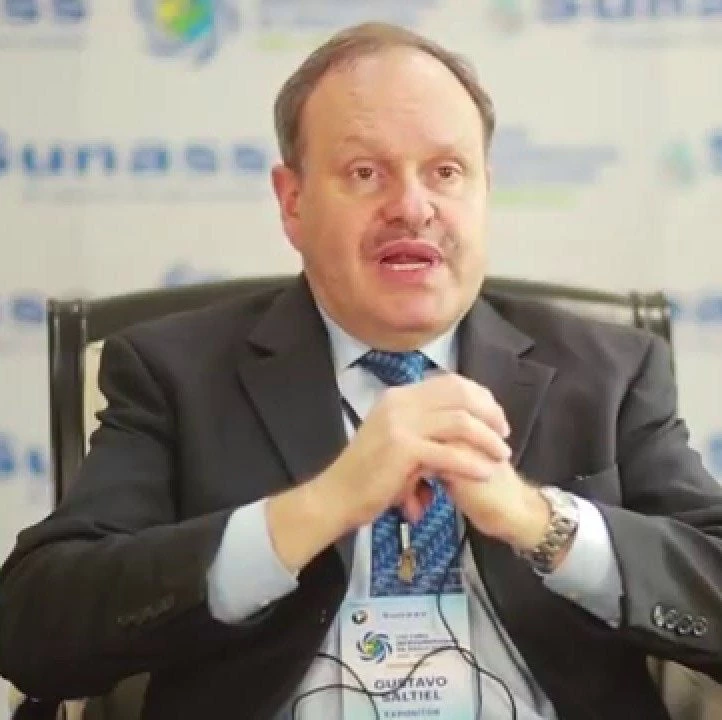Coauthored by Victor Arroyo, Principal Executive Water and Sanitation at CAF, and German Sturzenegger, Water and Sanitation Specialist at IDB
Also available in: Spanish
Two years ago, during the 2014 SIWI World Water Week, key international experts discussed the need for a paradigm shift in water consumption: the move from a linear to a circular economy—an economy that is restorative and regenerative by design, and which aims to keep products, components and materials at their highest utility and value at all times.

With global demand for water predicted to exceed viable resources by 40 percent in 2030, it is necessary to rethink our traditional approaches to water consumption and adopt new approaches that allow for this vital resource to be reused as much as possible, and achieve efficient standards for water management.

These previous SIWI World Water Week discussions allowed raising awareness about the adoption of a circular economy as a viable sustainable development strategy; its particular relevance to the water sector, in view of the fundamental and cross-cutting role it has across all sectors; and the combination of regulations and incentives, and strong multi-stakeholder approach, required to allow the market to transform. The need for a “paradigm shift” in the water sector —moving away from traditional linear water consumption patterns of “take-make-dispose” and heading towards a circular economy approach where wastewater is no longer seen as waste or an environmental hazard, but rather as a valuable resource that contributes to overcome water stress and imbalances between supply and demand —is particularly relevant to the Latin American region, and the 2016 SIWI World Water Week event of this year will take this conversation forward.
With the exception of Panama, Costa Rica, Ecuador, Surinam, and Uruguay, the rest of the countries in Latin America and the Caribbean (LAC) will be economically water scarce by 2025, meaning that despite abundance of renewable water levels, there would be insufficient infrastructure to make these resources available to satisfy demand. This, while the shift to a circular water economy is ever more promising, as demonstrated by leading global best practices adopted in Israel, which holds the top spot for wastewater reuse globally, recycling around 75 percent of total wastewater resources, compared to Spain (second highest) and the USA which recycle around 12 percent and 6 percent respectively. In addition, wastewater reuse addresses scarcity by providing the opportunity to reverse the situation and create abundance. It also allows for the resourceful use of water to operate global water infrastructure. The benefits of the circular water economy are also extended to rapidly reducing growing clean-up costs due to limited levels of harmful substances that would be added to the water supply.
Water is the world’s most scarce resource. But wastewater is abundant. So wastewater reuse is inevitable .
On August 30, at 2016 SIWI World Water Week, the Development Bank of Latin America (CAF), the Inter-American Development Bank (IDB) and the World Bank come together with important national and regional organizations to discuss the change of paradigm: from a linear to a circular economy in the LAC region. The session will feature:
- Jose Carrera, Vice President of Social Development, Development Bank of Latin America;
- Roberto Martin Hurtado, an International Expert on environmental and water issues;
- Danny Greenwald, the Head of Reclaimed Water Department of the Israeli Water Authority;
- Rafael Mujeriego, President of the Spanish Association for Sustainable Water Reuse;
- Angela Ortigara, Project officer at the UN World Water Assessment Program; and
- Daniel Nolasco, International Expert on Wastewater Management


Join the Conversation